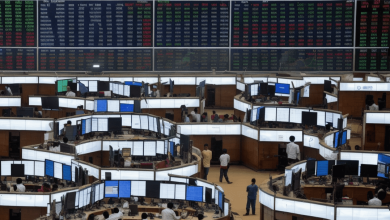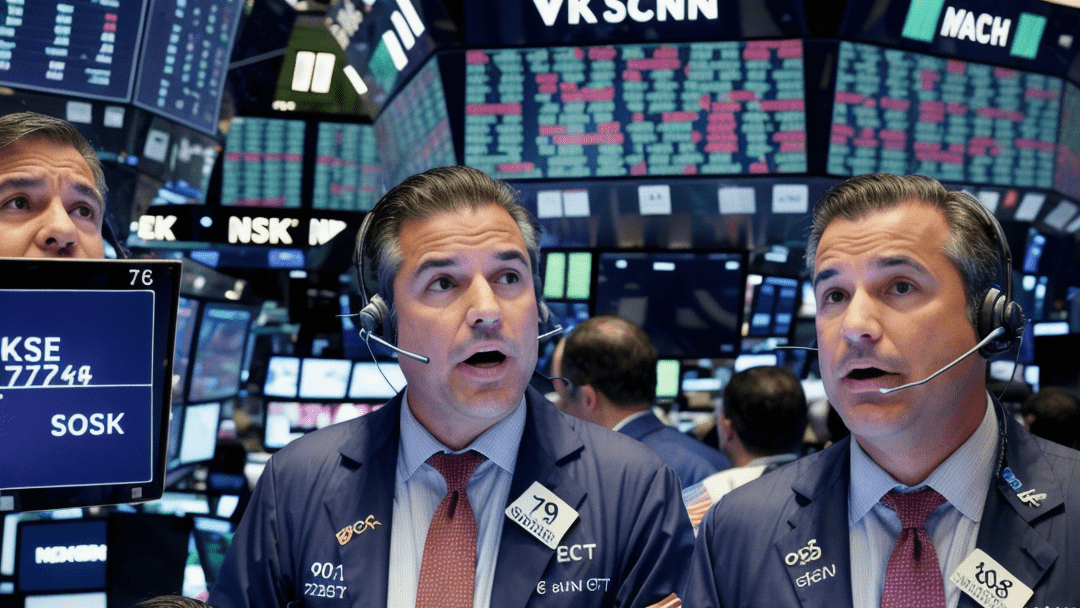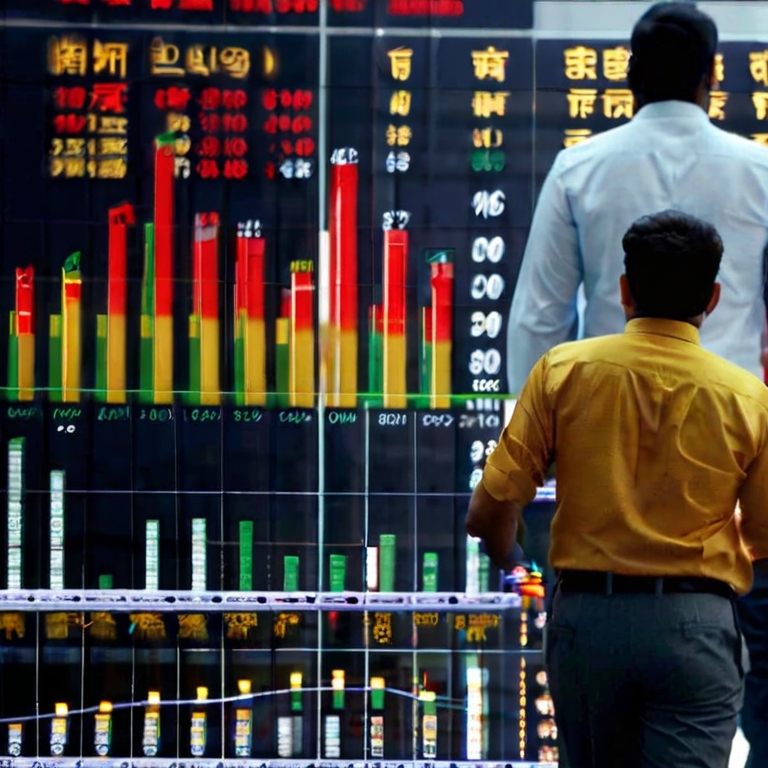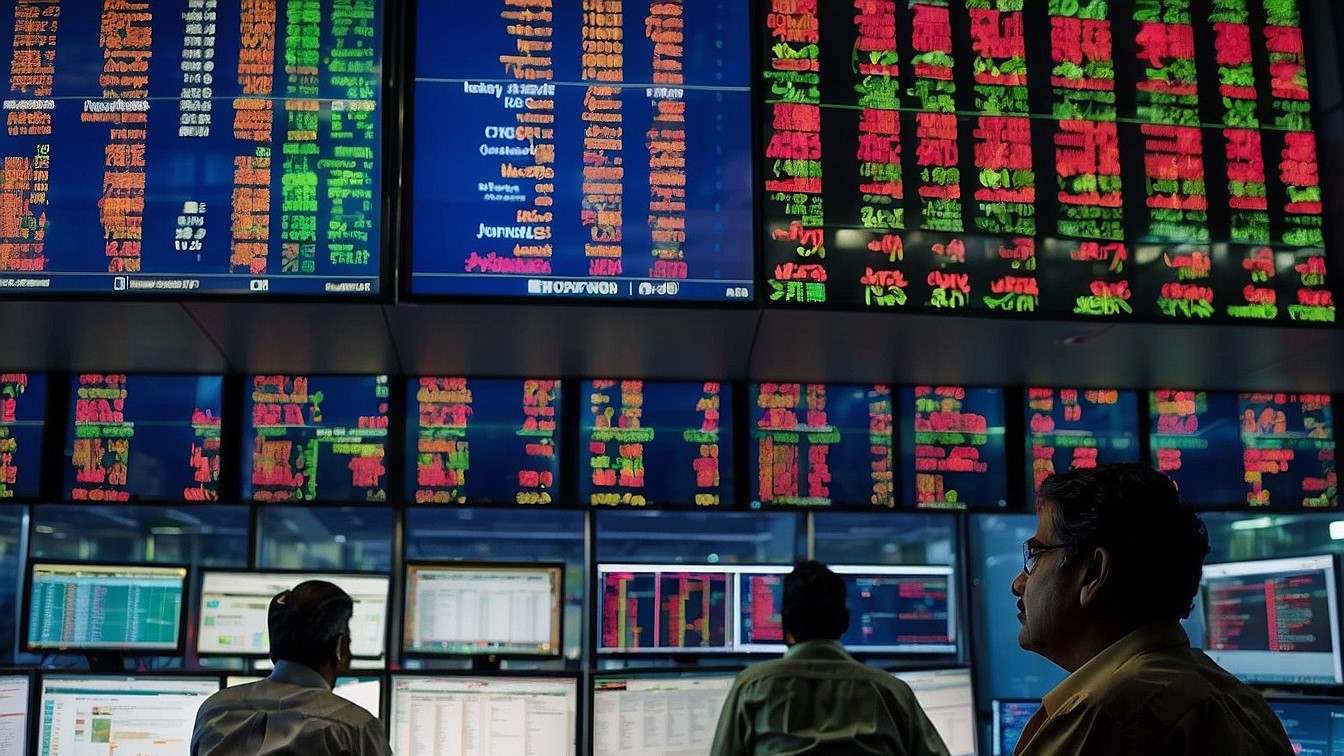Why Mastercard Stock (NYSE: MA) Is a Compounding Machine
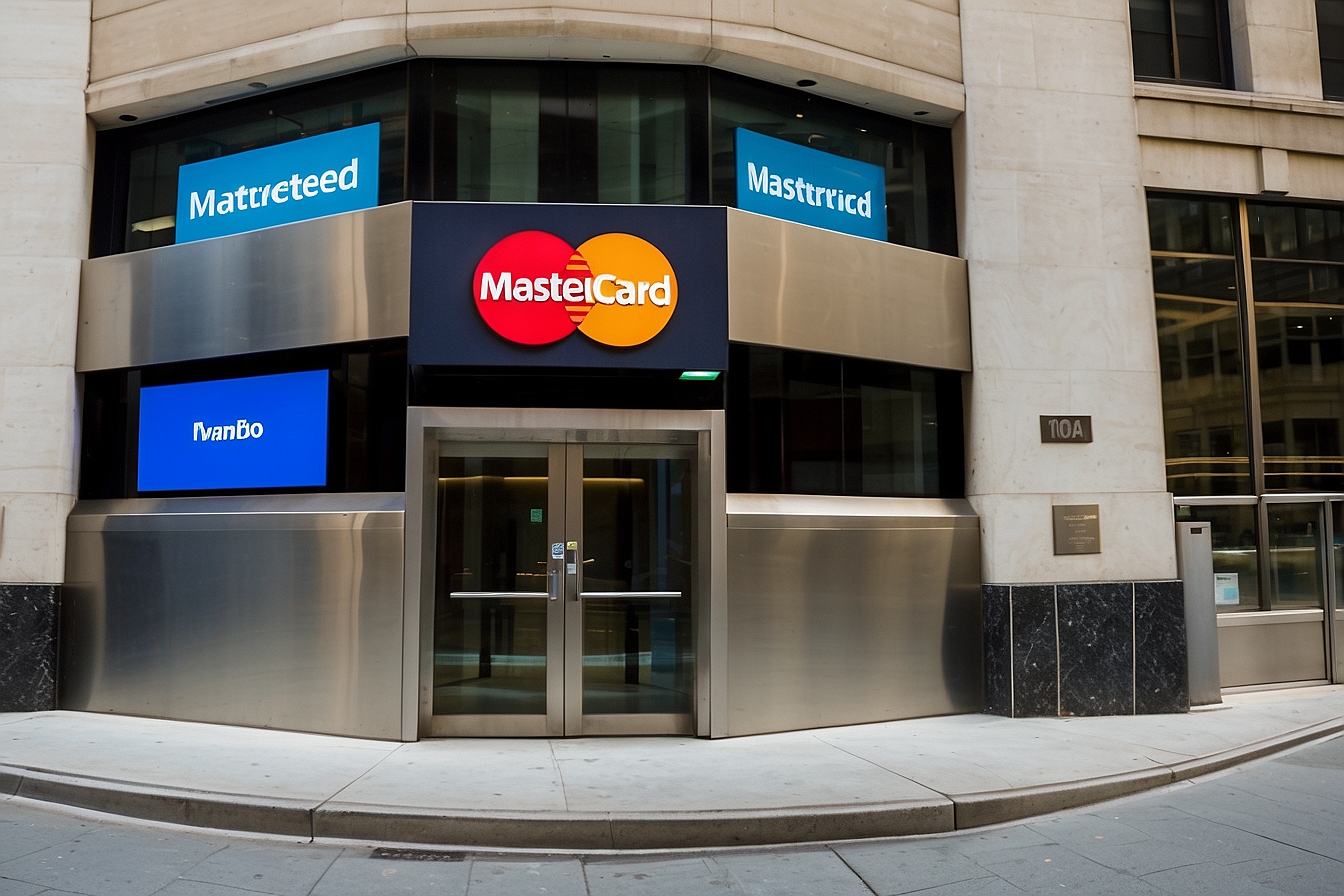
With a stellar track record of delivering compounding returns, Mastercard stock (NYSE:MA) has cemented its position as a force to be reckoned with in the card processing industry. Duopolizing the market with Visa (NYSE:V), Mastercard has seamlessly capitalized on the shift towards a cashless society and the upward trajectory of consumer spending. Bolstered by high margins, strategic buybacks, and a robust economic landscape, MA stock has solidified its position as a compounding machine, recording impressive annualized returns of 21.5% over the past decade. To probe deeper into why Mastercard stock is poised for continued success, check out Mastercard: We’ve Only Seen The Tip Of The Iceberg.
The Economy Remains Hot, Bolstering Mastercard’s Growth
Analysis of Economic Indicators Supporting Mastercard
On the question of whether Mastercard stock is a buy, it’s crucial to consider the supporting economic indicators. The U.S. economy has shown remarkable resilience, with sustained consumer spending and low unemployment rates. Despite higher inflation, the economy remains robust, paving the way for continued growth in sectors like finance and payments.
Impact of Consumer Spending and Digital Payments
For Mastercard, the impact of consumer spending and the shift towards digital payments is significant. With rising wages and strong consumer spending trends, the company continues to see growth in cross-border payments, reflecting healthy discretionary spending habits. This trend is further bolstered by the increasing digitization of financial transactions, driving Mastercard’s revenue growth.
High Margins, Buybacks, To Compound Total Return Prospects
Mastercard’s Profit Margin Advantage
Margin: Mastercard’s profit margins are a standout in the industry, with a gross margin close to 100% due to its efficient business model. Operating margins consistently exceed 50% and offer room for further expansion. The scalability of the business model allows for easy margin growth, as seen with the rise in operating margin from 55.2% to 55.8% last year.
The Role of Share Buybacks in Enhancing Shareholder Value
Advantage: Share buybacks play a crucial role in enhancing shareholder value for Mastercard. The company’s strategic buyback initiatives, such as retiring nearly 29% of its shares since 2011, have been highly accretive to earnings per share growth. Despite a buyback yield of about 2%, the long-term benefits of buybacks are evident with Mastercard’s high growth rates.
With a strong profit margin advantage and effective share buyback strategies in place, Mastercard’s total return prospects are poised for further growth. The combination of high margins, ongoing buybacks, and robust growth estimates in both revenue and earnings solidify Mastercard’s position as a compounding machine in the stock market.
Is MA Stock a Buy, According to Analysts?
Many analysts have weighed in on the potential of Mastercard stock (NYSE: MA) as an investment opportunity. For detailed insights into their recommendations and price targets, you can refer to Here’s Why We Think Mastercard (NYSE:MA) Might….
Current Analyst Ratings and Price Targets
With a Strong Buy consensus rating based on 28 Buy and one Hold recommendation assigned in the past three months, analysts are bullish on the future prospects of MA stock. The average price target of $515 suggests a potential upside of 6.9%, indicating positive sentiment towards the stock among analysts.
Comparison with Competitor Stocks
Current analysts’ ratings and price targets for Mastercard (NYSE: MA) can be compared with those of its competitor stocks, such as Visa (NYSE: V). Below is a breakdown of the latest data in a side-by-side comparison:
Mastercard (NYSE: MA)
| Consensus Rating | Strong Buy |
| Average Price Target | $515 |
Visa (NYSE: V)
| Consensus Rating | Buy |
| Average Price Target | $250 |
Understanding the current analyst sentiment towards both Mastercard and its competitors can provide valuable insights for investors looking to make informed decisions in the market.
The Takeaway: Long-term Growth and Dividends
Mastercard’s Long-term Growth Trajectory
Takeaway: Mastercard’s exceptional revenue growth, driven by strong consumer spending trends and a resilient economy, reinforces its status as a compounding machine. With estimates suggesting continued revenue growth rates of 12% or more over the next few years, Mastercard’s long-term growth trajectory remains promising.
Dividend Policy and Its Attraction for Investors
To Attraction: Mastercard’s high-margin business model and consistent buybacks have led to significant EPS growth, attracting investors seeking long-term returns. Additionally, the company’s dividend policy further enhances its attractiveness, with a history of increasing dividend payouts over time. Mastercard’s ability to combine strong growth prospects with a reliable dividend policy makes it a compelling investment opportunity for income-focused investors.
Conclusion
As a reminder, Mastercard stock (NYSE: MA) continues to prove itself as a compounding machine, with a stellar track record of delivering impressive returns. Duopolizing the card processing industry with Visa, Mastercard’s growth is fueled by the ongoing shift towards a cashless society and robust consumer spending trends. With high margins, consistent buybacks, and strong revenue growth driven by a resilient economy, Mastercard’s earnings and stock price are poised to continue compounding for the foreseeable future. While the stock may trade at a premium valuation, its depth of moat and double-digit growth prospects suggest promising medium-term total return outlook for long-term investors. Wall Street analysts maintain a Strong Buy consensus on Mastercard, reinforcing its potential for continued gains in the future.
